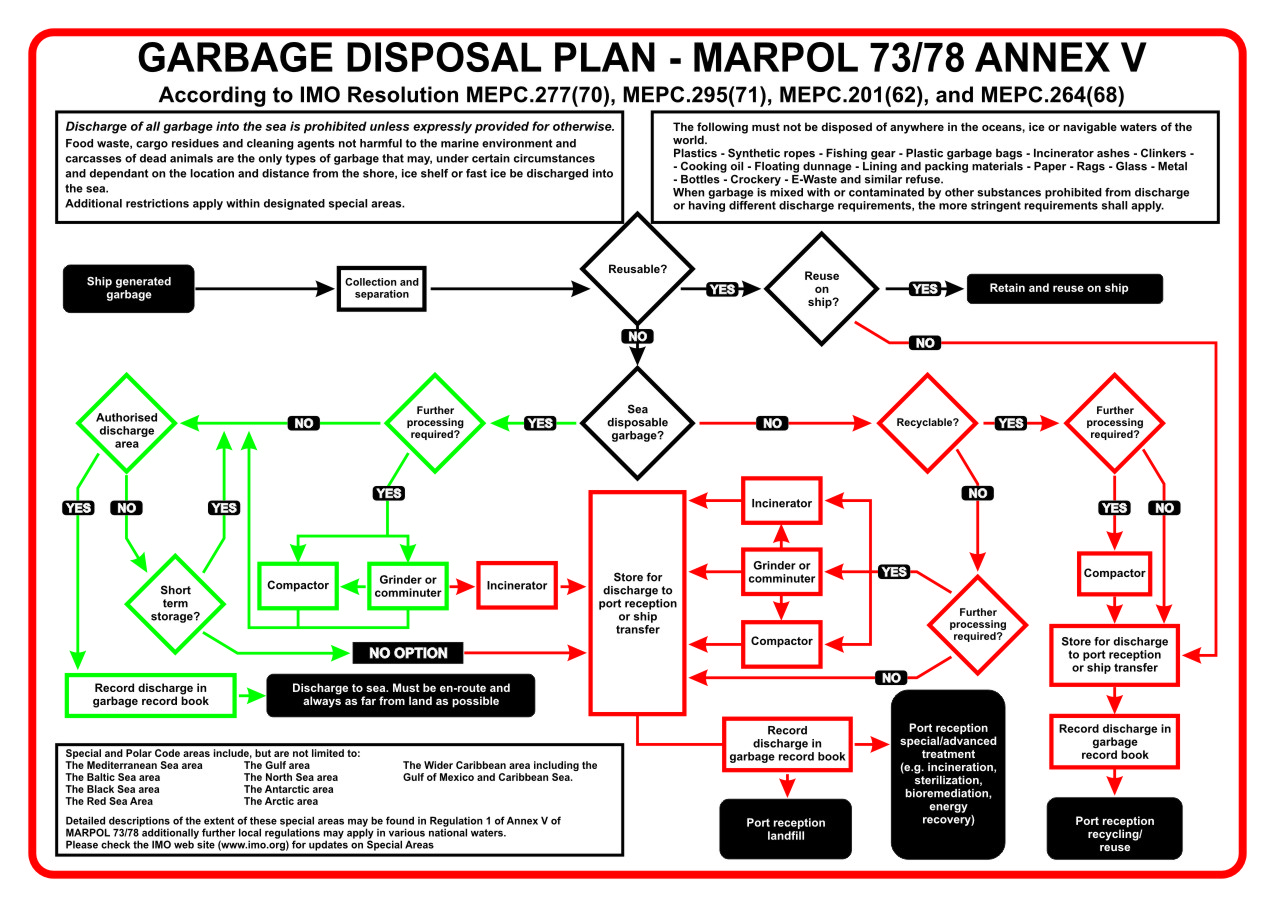Sustainability on vessels is not only a matter of compliance with regulations, but also a competitive advantage and a source of innovation. Some of Havila Subsea & Renwable`s key aspects of sustainability on our vessels include reducing greenhouse gas emissions, improving energy efficiency, minimizing waste and pollution, ensuring safety and security, enhancing crew welfare and promoting social responsibility.
Environmental, social and governance (ESG) factors are increasingly important for the maritime industry, as stakeholders demand more transparency and accountability from ship owners and operators.
ESG on vessels refers to the practices and policies that aim to reduce the environmental impact of shipping operations, such as greenhouse gas emissions, waste management and energy efficiency. ESG on vessels also involves ensuring the safety, well-being and diversity of the crew, as well as complying with ethical and legal standards in the areas of human rights, anti-corruption and anti-piracy. ESG on vessels can provide benefits for both the ship owners and the stakeholders, such as improved operational efficiency, lower costs, enhanced reputation, increased customer loyalty and access to capital markets.
Havila Subsea & Renewable’s core values are respect for people, passion for our industry and to be a reliable and preferred partner. The company’s policies and QHSE Management System guide all employees to act in line with these values and comply with relevant laws and regulations.
We have several environmental aspects for our fleet. The impact on our environment during normal operation are resource consumption, emissions to air and discharges to sea and waste.
We aim to:

We have installed Høglund Ship Performance Monitor and uses Maress, a digital management system for data-driven decarbonisationin. Maress combines available data from the vessels with other relevant data sets to provide insight on how to reduce fuel and emissions. The system gives us relevant data to use in our monitoring of our environmental impact and to reach our targets for a better climate. Maress is a real-time software which gives the crew the possibility to see the immediate effect of energy efficiency measures taken, as reduced energy consumption and related emissions.

Waste procedures are implemented onboard each vessel according to MARPOL regulations. To reach our target when it comes to reduction of food waste, we have implemented Seagull Computer Based Training (CBT) for our catering personnel on how to manage the purchase, production and food management in general.
A major part of our environmental impact is combustion of fuel- and lube oil. One of our main focus is to improve operation with regards to energy management in order to reduce our fuel consumption.
Our campaign to purchase less bottled water has been initiated onboard most vessels. The vessels now uses water dispensers and reusable bottles.
| Cookie | Duration | Description |
|---|---|---|
| cookielawinfo-checkbox-analytics | 11 months | This cookie is set by GDPR Cookie Consent plugin. The cookie is used to store the user consent for the cookies in the category "Analytics". |
| cookielawinfo-checkbox-functional | 11 months | The cookie is set by GDPR cookie consent to record the user consent for the cookies in the category "Functional". |
| cookielawinfo-checkbox-necessary | 11 months | This cookie is set by GDPR Cookie Consent plugin. The cookies is used to store the user consent for the cookies in the category "Necessary". |
| cookielawinfo-checkbox-others | 11 months | This cookie is set by GDPR Cookie Consent plugin. The cookie is used to store the user consent for the cookies in the category "Other. |
| cookielawinfo-checkbox-performance | 11 months | This cookie is set by GDPR Cookie Consent plugin. The cookie is used to store the user consent for the cookies in the category "Performance". |
| viewed_cookie_policy | 11 months | The cookie is set by the GDPR Cookie Consent plugin and is used to store whether or not user has consented to the use of cookies. It does not store any personal data. |
